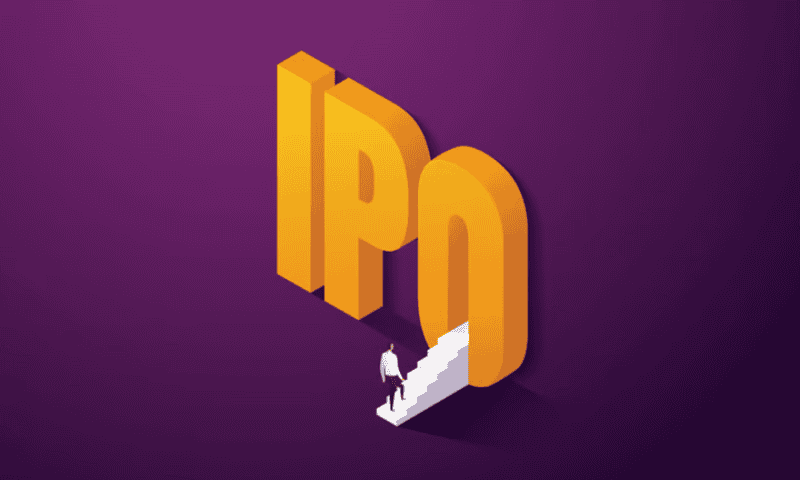China’s Duality Biotherapeutics has filed (PDF) paperwork for a Hong Kong IPO, seeking an undisclosed sum to power a broad pipeline of antibody-drug conjugates toward approval. The filing extends the recent flurry of IPO activity beyond the U.S. and into Asia.
Duality, which set up shop in 2019, has built a pipeline of 12 internally discovered ADCs, half of which are in the clinic. Along the way, Duality has entered into deals with BioNTech, BeiGene and Adcendo that could be worth more than $4 billion. Duality plans to take two bispecific ADCs and one autoimmune ADC into human testing by 2026.
The biotech named two BioNTech-partnered ADCs as “core products.” One of the products, known as both DB-1303 and BNT323, is a HER2-directed ADC that Duality said could be ready to file for accelerated approval as early as 2025.
AstraZeneca and Daiichi Sankyo’s rival ADC Enhertu is already well established but Duality has spotted a niche to call its own. Enhertu is approved in patients with any solid tumor that produces high levels of HER2 and in HER2-low breast cancer. Duality is initially targeting endometrial cancer across expression levels and has seen activity in ovarian, colorectal and esophageal cancer.
Duality’s other core product is DB-1311, a B7-H3-directed ADC that is also called BNT324. Working with BioNTech, Duality is studying the candidate in indications including small-cell lung cancer and prostate cancer. Merck & Co. is developing a rival B7-H3 ADC with Daiichi.
The biotech also discussed its “key products,” namely ADCs aimed at HER3, TROP2 and the autoimmune target BDCA2, plus a bispecific that targets B7-H3 and PD-L1. Duality said the BDCA2 and B7-H3xPD-L1 drug candidates could be first in class but in other areas the biotech will be coming to market after the frontrunners, dialing up the importance of delivering on the claimed advantages of its platform.
Duality, like many other ADC developers, has created a topoisomerase-based platform. However, while that much is familiar, the biotech contends its “proprietary know-how and execution capabilities” have enabled it to develop differentiators including novel payloads and bispecific formats.
The IPO filing reveals details of the biotech’s activities, such as the fact BioNTech has paid $21 million in milestones tied to DB-1303 and the potential problems it is facing. A third party has challenged some of Duality’s patent applications, dragging the biotech into legal proceedings in China.

